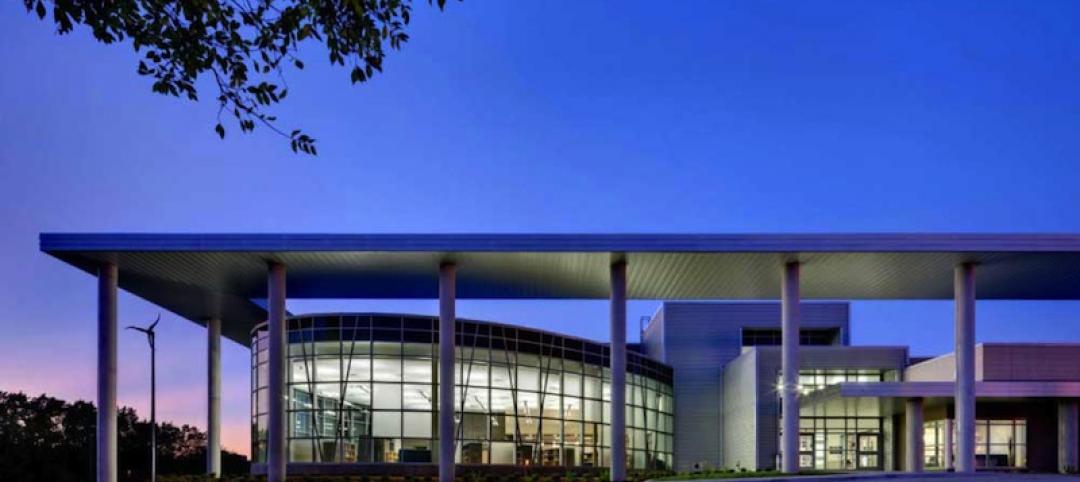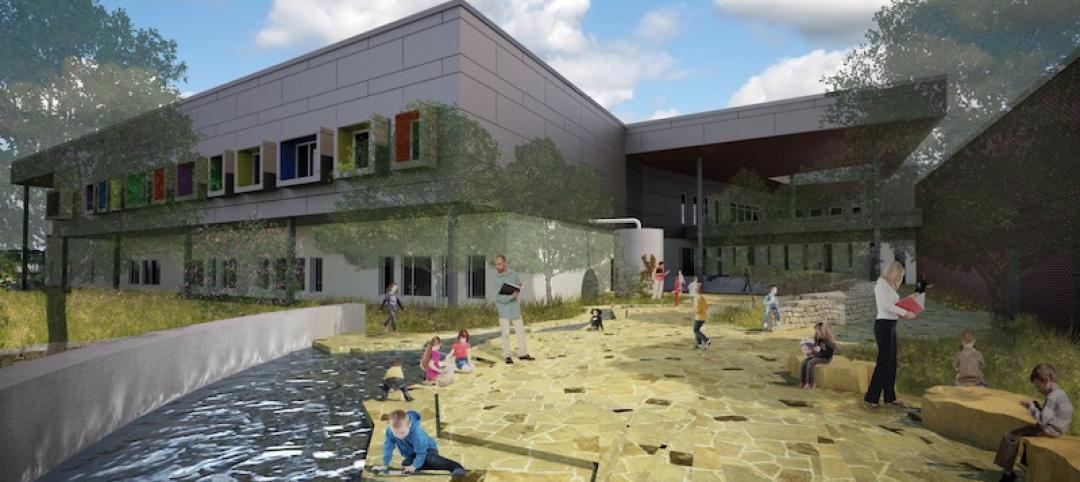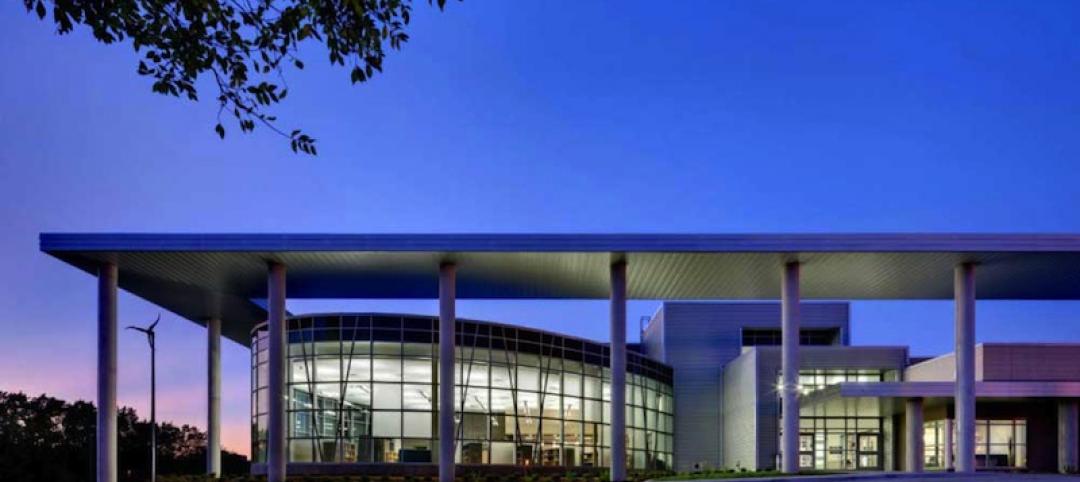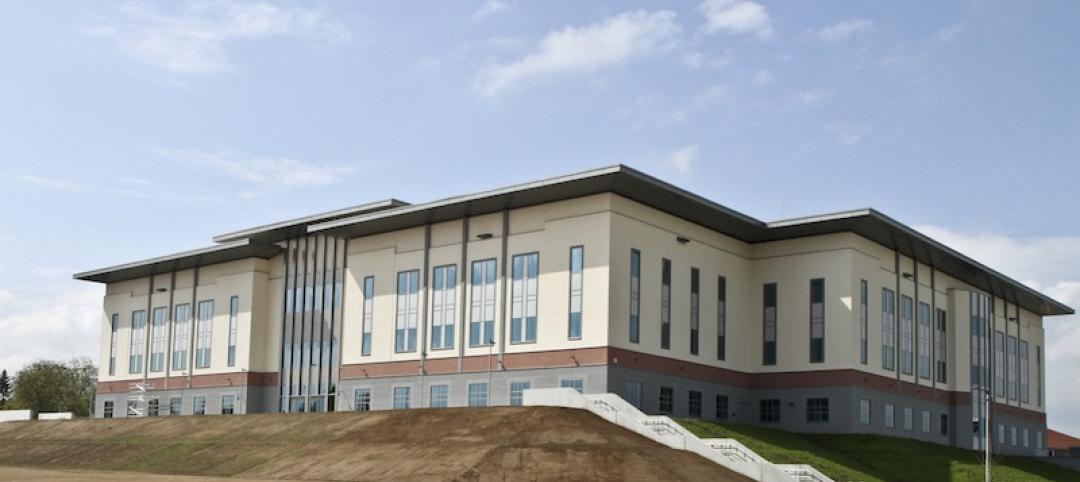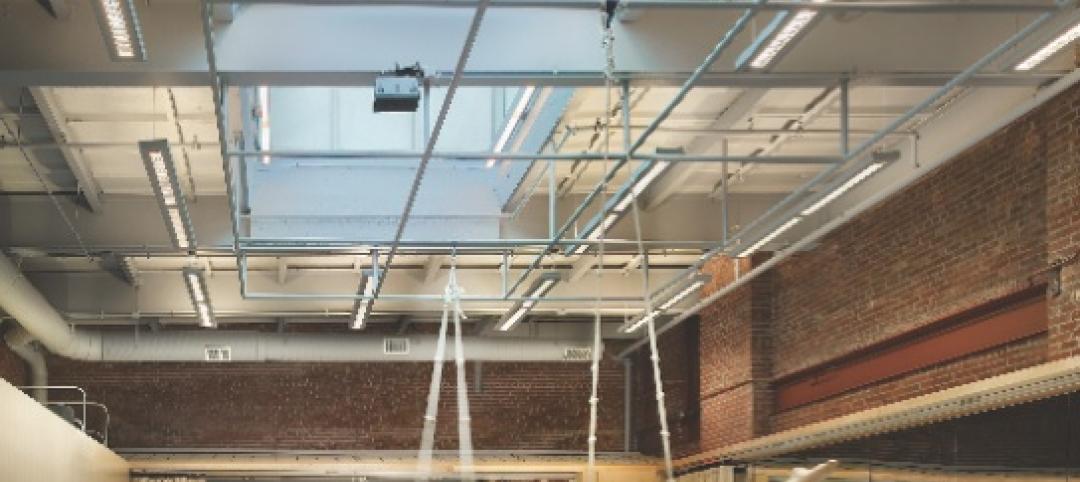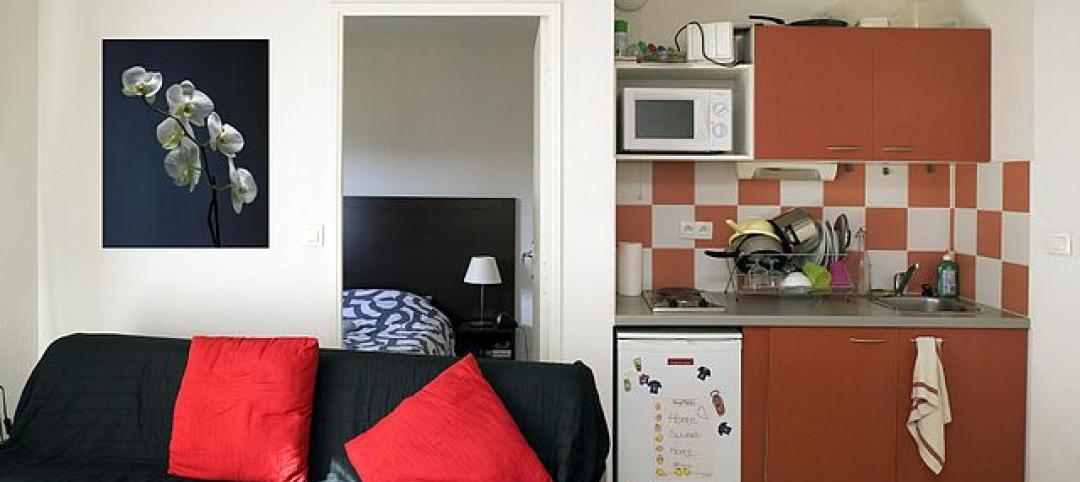The Department of Energy released a Request for Information (RFI) for feedback from industry, academia, research laboratories, government agencies, and other stakeholders on a draft national definition for a Zero Emissions Building.
Responses will help serve as a clear market signal and consistent target, backed by measurable data, that is intended to help move the building sector to zero emissions, according to a statement from DOE. Developing a broadly accepted common definition of a zero emissions building, as well as a pathway for verification, is foundational to transition the building sector to zero emissions, the statement says.
The definition will act as a framework, offering designers and builders multiple pathways to influence the design and operation of buildings to reduce building sector emissions. Almost 30% of U.S. GHG emissions are from operating buildings, with 13% of U.S. GHG emissions from direct burning of fossil fuels within buildings.
Buildings contribute an even higher percentage of U.S. GHG emissions when factoring in emissions from construction materials and refrigerants. Part 1 of the definition will focus on zero operating emissions. Future parts of this definition will likely include embodied carbon, refrigerants, and other key elements.
As is proposed currently, the definition of a zero operating emissions building is one that is:
- Highly energy efficient
- Free of on-site emissions from energy use
- Powered solely from clean energy
Part 1 of the draft definition in full, which includes details on the criteria above, is available at: https://www.energy.gov/eere/buildings/national-definition-zero-emissions-building.
Responses to this RFI must be submitted electronically to https://forms.office.com/g/Y0Ss3UFdL3, no later than 5:00 pm (ET) on Feb. 5, 2024.
Related Stories
| Dec 17, 2013
Nation's largest net-zero K-12 school among winners of 2013 Best of Green Schools award
The Lady Bird Johnson Middle School in Irving, Texas, was named a winner of USGBC's annual award, along with nine other schools, individuals and communities working toward the common goal of healthy, high-performing learning places.
| Dec 16, 2013
Irving, Texas building state’s second net-zero school
Lee Elementary School, scheduled to open in fall 2014, will be net-zero-ready, and if the school board decides to sell district bonds and allow the purchase of additional solar panels, will be a true net-zero facility.
| Dec 10, 2013
16 great solutions for architects, engineers, and contractors
From a crowd-funded smart shovel to a why-didn’t-someone-do-this-sooner scheme for managing traffic in public restrooms, these ideas are noteworthy for creative problem-solving. Here are some of the most intriguing innovations the BD+C community has brought to our attention this year.
| Dec 9, 2013
What is life cycle cost optioneering?
Life cycle cost optioneering is a way of assessing alternative design options, analyzing their long-term capital and operational costs to identify those with the lowest price tag, over the entire life cycle.
| Dec 9, 2013
Skaneateles, N.Y., converts old firehouse to net-zero village hall
The Finger Lakes village of Skaneateles, N.Y., renovated its vacant firehouse into Skaneateles Village Hall, the first municipal net-zero energy building in the state of New York.
| Dec 2, 2013
Security is key component of Army’s net-zero assessment strategy
For the U.S. Army, creating secure sources of energy is an important driver for its net zero goals. Critical military missions are at a high risk of failure in the event of an electric grid failure, according to a Defense Science Board report.
| Nov 27, 2013
LEED for Healthcare offers new paths to green
LEED for Healthcare debuted in spring 2011, and certifications are now beginning to roll in. They include the new Puyallup (Wash.) Medical Center and the W.H. and Elaine McCarty South Tower at Dell Children’s Medical Center of Central Texas in Austin.
| Nov 27, 2013
University reconstruction projects: The 5 keys to success
This AIA CES Discovery course discusses the environmental, economic, and market pressures affecting facility planning for universities and colleges, and outlines current approaches to renovations for critical academic spaces.
| Nov 25, 2013
New California codes moving state toward net-zero requirements
Under the new Title 24, all new residential construction must be net zero by 2020, with all new commercial buildings achieving this goal by 2030.
| Nov 22, 2013
Health Product Declaration Collaborative to develop protocol for third-party verification of HPDs
Seven leading product sustainability assessment companies partner with the HPD Collaborative to develop the verification and quality assurance protocols.



